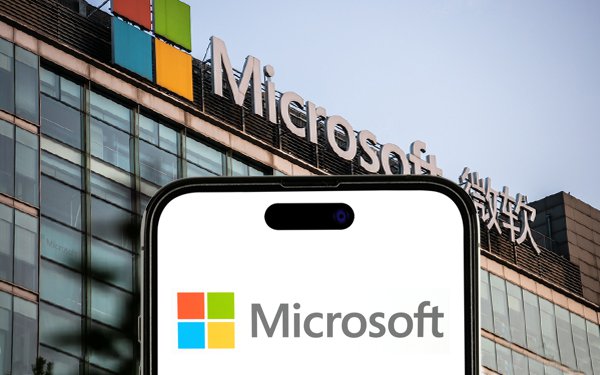
Microsoft has been hit with a series of
embarrassing hacks that have exposed a variety of customer data. Now the company reportedly will require its China-based staff to only use iPhones, rather than Android, for work. The mandate becomes
effective in September.
Through an internal memo, Microsoft informed hundreds of employees they will need to verify their identities through the Microsoft Authenticator
password manager and Identity Pass app.
"Microsoft Authenticator and Identity Pass apps are officially available on the Apple and Google Play stores," a Microsoft spokesperson told
Media Daily News. "Due to the lack of availability of Google Mobile Services in this region, we look to offer employees a means of accessing these required apps, such as an iOS
device.”
Employees will receive an iPhone 15. Mobile phones from Xiaomi, Huawei, Redmi, OnePlus, and Oppo will no longer be allowed. Many have developed their own
platform. Google Play, an app store for Androids, is not available in China.
advertisement
advertisement
The order is part of the company’s Secure Future Initiative that Microsoft Security
Executive Vice President Charlie Bell said is designed to curb identity-focused espionage and criminal operators targeting enterprises in response to a rise in cyberattacks.
Microsoft reportedly will block Android devices from accessing its corporate platform because Google’s mobile services are not available in China, Bloomberg initially
reported.
Russian hackers breached Microsoft's corporate email systems in January, and by February a third-party cybersecurity firm accessed internal Microsoft data
on an Azure cloud server that did not have a password.
In May the company said it would tie its executive compensation to successful cybersecurity
strategies. The approach would pay top business leaders for protecting company, client and government data.
Following a steady stream of hacks, Microsoft notified the US Agency for Global
Media -- an independent federal agency that provides news and information in countries where the press is restricted -- a few months ago that some of its data may have been stolen, a spokesperson said
in an emailed statement to Bloomberg, which reported that no security or personally identifiable sensitive data was compromised.